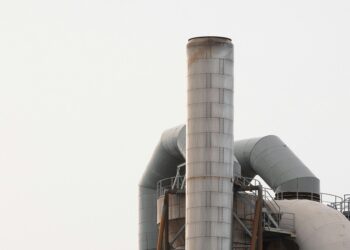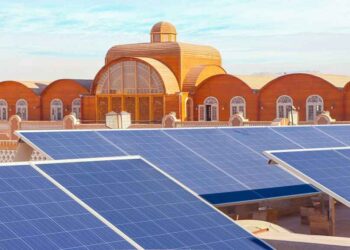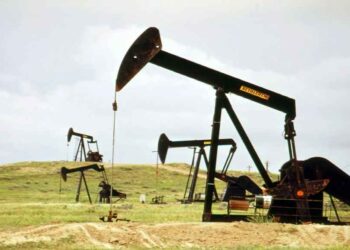Stanlow Refinery is located on the south bank of the Manchester Ship Canal near Ellesmere Port in Cheshire, UK. It refines crude oil for distribution to the British industry. Stanlow, founded in 1924, is the only refinery operated by Shell in the UK. It is the second-largest refinery in the UK, producing about a sixth of the country’s oil.
The refinery can convert more than 18mt of crude oil a year. The current production capacity is 11mt a year. The product portfolio includes petrol, diesel / jet fuel, kerosene, LPG and petrochemical feedstocks and fuel oil.
Stanlow is part of Shell’s Stanlow Manufacturing Complex. The Financial Times reported in August 2009 that Shell is planning to sell its stake in Stanlow.
The pre-process for the sale of the refinery is currently underway. Essar, an India-based refiner, and Libyan National Oil are reportedly aiming to buy the refinery. In addition to Stanlow, Shell is also said to be planning to sell two refineries in Germany, at Heide and Harburg.
Stanlow refinery output
“Stanlow is the second-largest refinery in the UK, producing about a sixth of the UK’s oil.”
The refinery produces 3mt petrol, 3.5mt diesel and 2mt kerosene / jet fuel. The LPG and petrochemical feedstock output capacity is 1.5mt, while the fuel oil capacity is 1mt.
A sixth of Britain’s petrol is produced by Stanlow. Jet fuel produced at the refinery is used to run A300 aircraft. Stanlow also produces a range of transportation fuels including Shell V-Power. The refinery blends and redistributes petroleum products.
Refinery construction and infrastructure
Stanlow was constructed in 1,900 acres of land with two crude oil distillation units. The installation of the units was completed in 1974.
Crude oil refining is carried out at the refinery’s southern site. The Thornton Research Centre and Shell Chemicals UK manufacturing plants are located adjacent to the southern site. Stanlow and the Shell Chemicals plants are integrated to allow the manufacture of petrochemicals including higher olefins, plasticiser and detergent alcohols, toluene, ethyl benzene and propylene.
The chemical plant units integrated with Stanlow are a HVI luboil plant, a residue fluid catalytic cracking unit and two platforms constructed in 1972 and 1984. The platforms produce motor gasoline components. They also act as source of raw materials for an aromatics complex that produces benzene and toluene. Distribution of end products is carried out at Stanlow’s northern site.
Refinery contracts
Foster Wheeler Energy, an arm of Global Engineering and Construction, provides basic design, engineering, procurement and construction management services at Stanlow Manufacturing Complex.
The original contract was awarded in 1997. It was renewed in 2007 and 2009. The contract has now been extended until 2011. The value of the contract depends on individual works.
Crude oil transportation
Crude oil extracted from the refinery is transferred to Tranmere Oil Terminal, on the south bank of Mersey, by tankers.
“The product portfolio includes petrol and LPG.”
It is pumped to storage tanks at Stanlow through a pipeline. Stanlow’s oil products are distributed via road, pipeline and waterway. Of the total production about 50% is distributed via road and 30% is distributed through the UK Official Publications (UKOP) pipeline. The remaining product is distributed via the Manchester Ship Canal.
Stanlow refinery extension
The refinery has been expanded. The expansion involved installing additional units including a fluid catalytic cracker, an alkylation unit, a platformer and a hydrodesulphurisation plant. They have been designed to extract maximum value from crude oil.
In 2006 Shell spent £25m on establishing a new control room at the refinery. It combined five former plant control rooms and has improved safety.

















































